Can You Sleep With A New Tattoo Uncovered? Things To Know
Sleeping with a tattoo uncovered is generally considered safe after the initial healing stages have passed.

Image: Shutterstock
Tattoos are like open wounds, so it is important to be very gentle with them. This means you need to protect your tattoo not just during the day but also at night! In short, sleeping with an uncovered tattoo can be risky.
Whether you are getting a tattoo for the first or the tenth time, it is important to take good care of it. It will help speed up the tattoo recovery process and prevent the risk of infection. When you sleep, you tend to roll around, moving your body in all sorts of odd positions that may impact your healing tattoo. So, you need to protect your newly inked skin as you snooze away. You can learn everything you need to know about how to sleep with a new tattoo, from the precautions you need to take to keeping the healing process smooth, right here in this article. Scroll down to read more!
In This Article
Can You Sleep With A New Tattoo Uncovered?

Learning how to take care of a new tattoo, especially when you sleep, is important for its healing. Sleeping with a new tattoo uncovered is bound to hurt! It may affect your tattoo, making it patchy. It could also leave you with unbearable pain if you directly sleep on your tattoo, even by chance! Also, there is a high risk of friction caused by your bedcover, bedsheets, or pillowcase that may cause your newly inked skin to cut and bruise, and even rip off.
Since going without sleep is not really an option, one has to figure out different ways to get past it. The tattooed area is generally wrapped in plastic during the initial 1-2 days to protect it from germs, infection, and external bacteria. Alternatively, you can use tattoo derm bandages to seal the entire tattoo for up to a week to keep it clean and minimize the risk of infection. Then, depending on the size of your tattoo and how well it is healing, your tattoo artist may recommend that you cover the tattoo, before sleeping, with a breathable bandage for a few days. After your tattoo begins to regenerate and shows signs of healing, such as peeling and scabbing, you can sleep with the tattoo uncovered. This is because the air circulation may help dry out the tattoo, quickening its healing process. Further, it may also lower the risk of trapping moisture in your freshly-inked skin, thereby impeding bacterial growth. However, ensure to keep the tattoo clean by practicing good hygiene etiquette and following the right aftercare tips so as to not compromise the healing process at any cost.

 Pro Tip
Pro TipNow that you know the importance of sleeping with your new tattoo uncovered, you should also learn about the many factors that affect your tattoo health and look as you nap, such as the position you rest in. Learn more below!
Key Takeaways
- Pain, discomfort, and heightened sensitivity after the tattooing process can make it challenging to fall asleep.
- Sleep plays a significant role in the proper healing of tattoos, as this is when your body repairs and regenerates the wounded skin.
- Following proper aftercare is crucial for the healing of a new tattoo. It will help to fasten recovery and prevent the risk of infection.
- If one chooses to sleep with an uncovered tattoo, they should keep the tattoo area moisturized and practice good hygiene.
Why Is It Important To Sleep The Right Way With A New Tattoo?

Sleeping the right way is very important to prevent harming the tattoo. It may even help accelerate the healing process of your newly inked skin. Sleep plays a critical role in keeping your immune system healthy. While you sleep, your body keeps sending signals between the nervous system and immune system, including the white blood cells, to the tattooed area. These cells form a protective layer of skin that helps defend the skin from infections and promotes damaged tissue repair healing and regeneration. Hence, sleep is essential for the proper functioning of the immune system and any interruption can prolong the healing process and put you at a higher risk of infection (1).
However, sleeping restfully with a new tattoo is not an easy feat. The skin around the freshly tattooed area is sensitive and often accompanied by pain, discomfort, redness, or tenderness. In short, you should avoid sleeping on the tattooed area. Be very mindful about the movement at night and there is a good chance that you might even regret getting that hot needle scratched onto your skin! If you happen to accidentally roll over the tattoo, it can cause you to wake you up with throbbing pain and scream your heart out!
 Pro Tip
Pro TipHence, falling asleep can be a great struggle with a tattoo. Learn how you can go about minimizing discomfort to achieve a smoother healing process.
How To Sleep With A New Tattoo
While sleeping with a new tattoo, there are a few pointers that you can keep in mind.
1. Clean The Tattoo Before Hitting The Bed
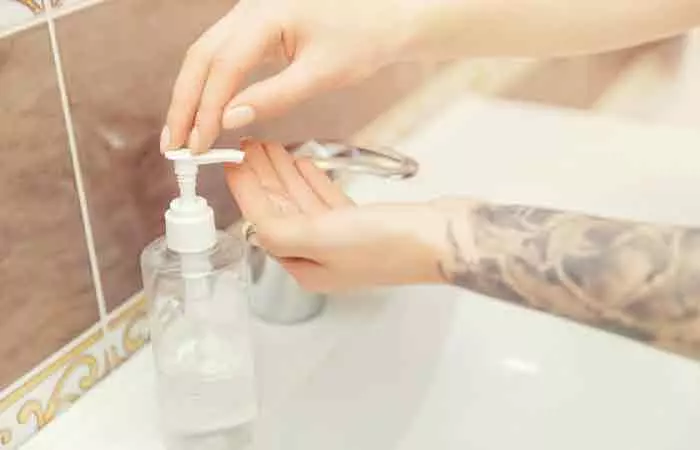
Use lukewarm water and an antibacterial, mild, and unscented soap to clean the affected area before going to sleep. Pat dry the tattooed skin with a soft, clean towel. You can even apply a tattoo lotion as suggested by your tattoo artist or dermatologist. Generally, you should not apply lotion on a new tattoo. It is best to wait at least a week before doing so. Some ointments can be used during the first week if needed, but do not over-moisturize it. Then, wrap the area with a tattoo bandage or a recommended protective tattoo film to keep your new ink moisturized and promote optimal healing.
2. Sleep On Clean Bedding
Sleeping on clean sheets will help prevent the risk of bacterial contamination or infection. You can also lay the tattooed body part on a clean and dry towel or blanket if you do not want to change the bedding completely.
3. Sleep In A Comfortable Position
Experiment with different sleep positions and at all costs avoid putting direct pressure on the freshly tattooed area as it may hinder the healing process.
Alex, a blogger, shared how he slept after getting a tattoo. He writes, “I like to use a soft, thin sheet as a barrier from my tattoo and other things like the mattress, my pajamas, and even my hands. The sleeping positions I found most comfortable were the Trunk, Nostalgic, Soldier (using the sheet as a barrier), and my favorite- the Free Fall (with arms way less bent!) (i).” He adds that there is no such thing as one-size-fits-all when it comes to comfortable sleeping positions.
4. Wear Loose Clothing

Wearing restrictive clothing can cause friction and discomfort if they rub against the affected area. So, it is best to opt for loose clothing that does not cover the tattoo and lets the area breathe.
5. Get Good Sleep
Poor sleep quality can slow down the healing process. It is generally recommended to sleep for about 7-8 hours daily to feel rested and improve your overall health.
6. Keep Pets Away
Don’t let your pets rest on your bed. In fact, stay away from your furry friends for a few days after getting a tattoo. Pet dander, dust, fur, and dirt can irritate your fresh tattoo and impede the healing process.
After learning about how to sleep with a new tattoo without disrupting the healing process, find out when you can actually sleep on your tattoo and the general guidelines to follow right below.
When Can I Sleep On My Tattoo?
There is no definitive answer to this question. It depends on several factors such as size, location, the intricacy of tattoo designs, and the tattoo’s healing progress. In the initial healing stage or the first few days, the skin is often very sensitive and prone to redness, swelling, irritation, itching, or rashes. Hence, it is best to avoid sleeping directly on the tattoo at those times to avert any potential complications and discomfort. Also, sleeping in this way can cause excess pressure on the affected area and hinder healing progress.
However, if your tattoo is completely healed, then you can consider sleeping on your new tattoo. Although, it is best to consult with your tattoo artist or dermatologist to find out the safest time to sleep on a tattoo, as each individual’s recovery process is different.
As we move forward, discover whether you can sleep on the tattoo during this stage of skin peeling.
Can I Sleep On My Tattoo When It Is Peeling?

Skin peeling or shedding of the outer layer of the skin and dead skin cells generally indicates that the tattoo is in the healing process. You should not directly sleep on your newly inked skin, as it may lead to unwanted or heavy peeling that may cause rips in the tattooed skin. It can cause discomfort, increase the risk of complications, and interfere with the healing process because the skin is sensitive and vulnerable during this time.
A new tattoo is like a wound that needs time, attention, and care to heal properly. This means one should make sure to keep the freshly tattooed surface of the skin as clean and healthy as possible. This means taking care of the tattooed skin even while you sleep. Now, let’s learn about a few tricks and tips on how to sleep with a new tattoo without ruining its ink or your expensive bed sheets.
The Best Tips To Sleep On The New Tattoo
- Apply a tattoo ointment prescribed by your tattoo artist or dermatologist to create a protective barrier between the tattooed skin and potentially anything that can come into contact with and cause infection.
- Keep rotating your bed sheets every alternate day to reduce the risk of bacteria or other pathogens coming into contact with your skin. Use a soft and breathable bed sheet to minimize the risk of friction and irritation in the tattoo area.
- Keep the tattoo area in an elevated position, as it helps increase the blood flow to the affected part of the body and help in faster tattoo healing. You can use a rolled-up towel or pillow to support the area.
- Use supportive pillows for some extra cushioning. These supportive pillows can add to your overall comfort and help to create a supportive environment for healing.
- Use silk or satin bed sheets and pillow covers as they cause less friction, which may help reduce the risk of injury to your tattooed skin.
- Keep checking your skin daily, looking for any signs of infection such as rashes, pus, boils, etc.
Sleeping with a fresh tattoo is not very difficult, provided one takes the proper precautions, is mindful, and adheres to the right aftercare instructions. While the first few days might feel a bit challenging because of the healing process of the tattoo, it eventually gets better over time. Also, it is important to note that every individual goes through a different recovery process, a few might find it relatively easier to sleep with a fresh tattoo while others might struggle to fall asleep. Other factors such as pain tolerance threshold, sleeping habits, location and complexity of the tattoo, and proactive measures undertaken during the recovery process can also play a key role in facilitating better sleep.
Frequently Asked Questions
Can I sleep on my tattoo if it is scabbing?
It is best to avoid sleeping directly on a scabbing tattoo as applying pressure or friction on it can disturb the healing process and cause the scabs to come off early. Use pillows or cushions to elevate the tattooed area and sleep in a position that avoids contact with the scabbed skin.
How to sleep with Aquaphor on a tattoo?
Cleanse the tattooed area with mild soap and lukewarm water. Apply a thin layer of Aquaphor ointment to the affected area. Wrap the area with a plastic wrap or breathable bandage, as instructed by your tattooist, and use paper tape to secure it well. Remove the bandage wrap the next morning and wash the area with plenty of water.
Can you sleep on a new tattoo with Saniderm?
Saniderm, an adhesive bandage, can be applied before you sleep. It acts as a protective barrier and shields the skin from bacteria, friction, and other contaminants like dirt, dust, and excess moisture. It helps reduce discomfort and prevents the disruption of the healing process. However, it is recommended to consult a dermatologist before using Saniderm to avert any potential health risks.
What if my bedding sticks to my tattoo?
If the bandage material gets stuck to your skin, never pull it out forcefully. Use some lukewarm water to dampen the area, the moisture will help to loosen the bedding. Wait for a few minutes and gently peel off the bedding.
How to sleep with a new tattoo on your arm?
Tuck a pillow beneath your arm to elevate the area slightly. If you have got a tattoo on your left arm, sleep sideways to the right and vice versa. This will help to lower direct pressure on the tattooed arm and prevent rubbing against the tattooed area during sleep.
Illustration: Can You Sleep With A New Tattoo Uncovered? Things To Know

Image: Stable Diffusion/StyleCraze Design Team
The YouTuber shared his nighttime tattoo care practices and how to get a restful night’s sleep after getting a tattoo. He also gave some useful tips and precautions that you can follow to ensure a smooth healing process.
Personal Experience: Source
StyleCraze's articles are interwoven with authentic personal narratives that provide depth and resonance to our content. Below are the sources of the personal accounts referenced in this article.
(i) Elbow Tattoo Experience: What to Expect & Healing!https://thewhitedoe.blogspot.com/2015/07/elbow-tattoo-experience-what-to-expect.html
References
Articles on StyleCraze are backed by verified information from peer-reviewed and academic research papers, reputed organizations, research institutions, and medical associations to ensure accuracy and relevance. Read our editorial policy to learn more.
- Sleep and immune function
https://www.ncbi.nlm.nih.gov/pmc/articles/PMC3256323/
Read full bio of Mengni Yang
Read full bio of Joyce Joyson
Read full bio of Anjali Sayee
Read full bio of Aparna Harry








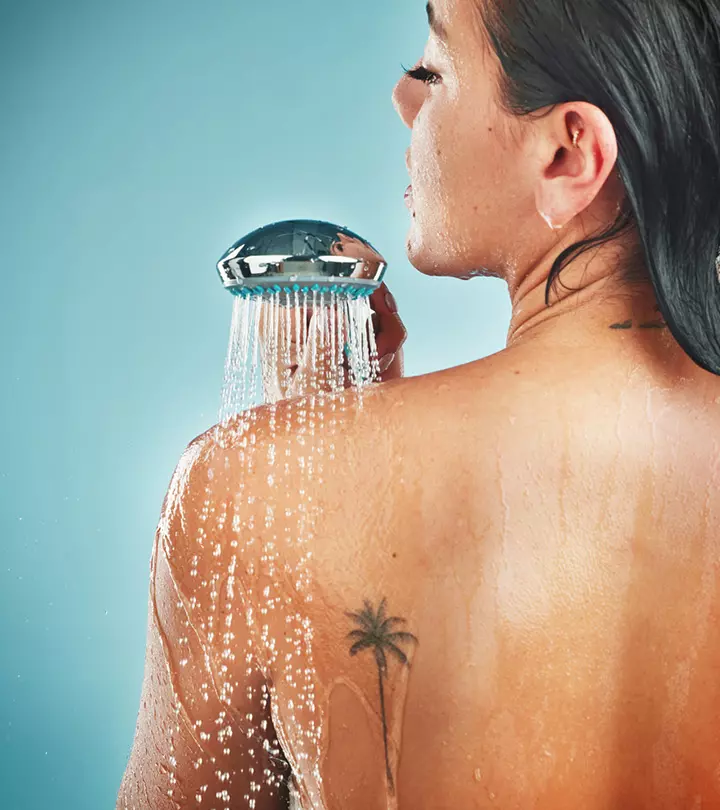

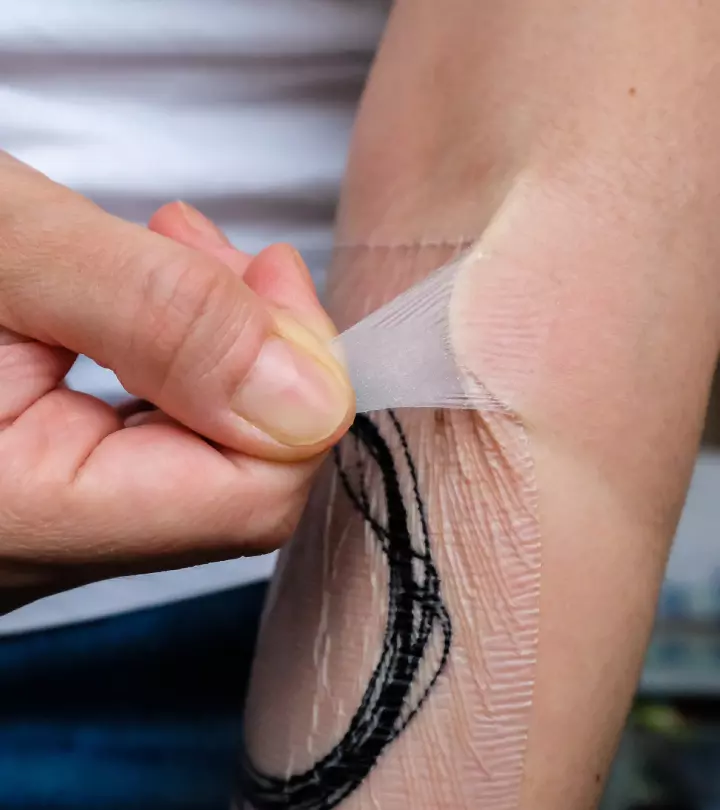

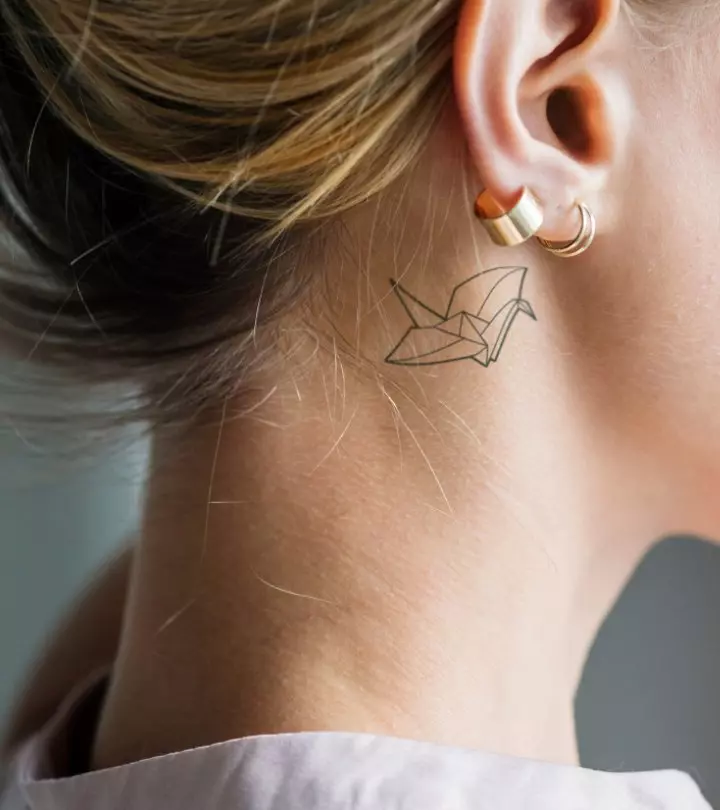
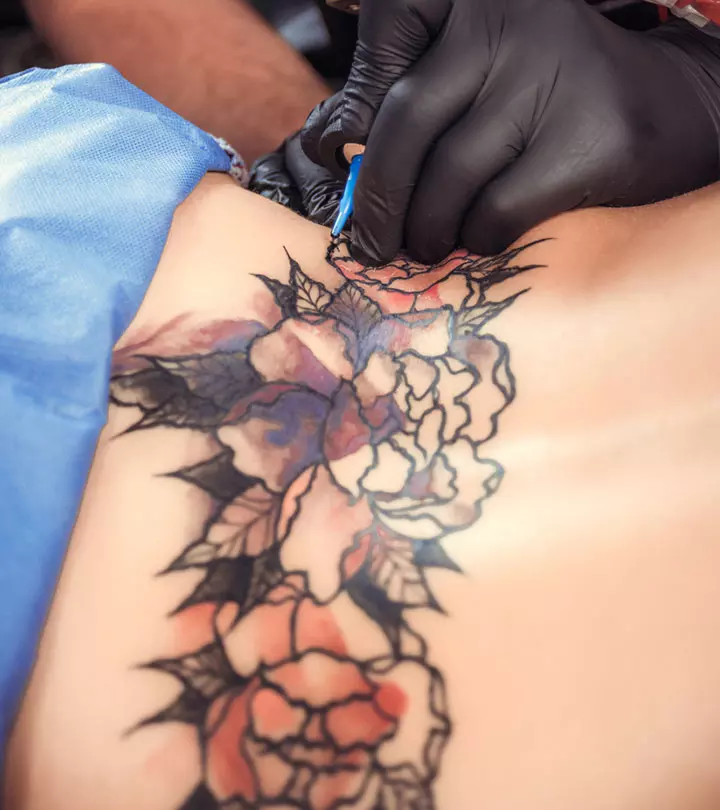
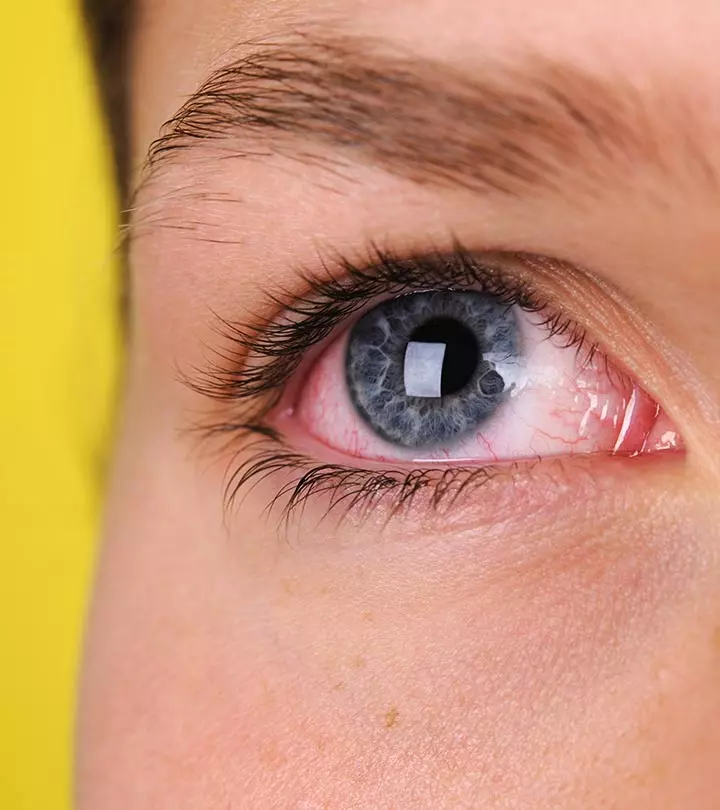
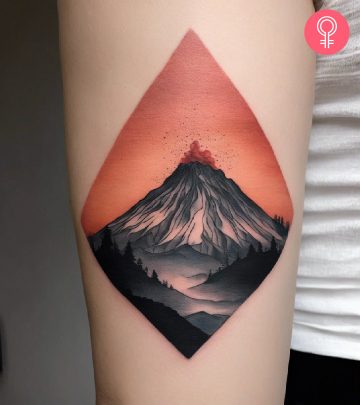
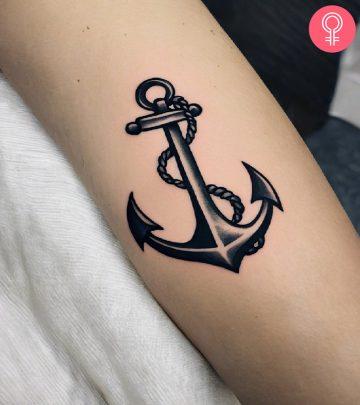

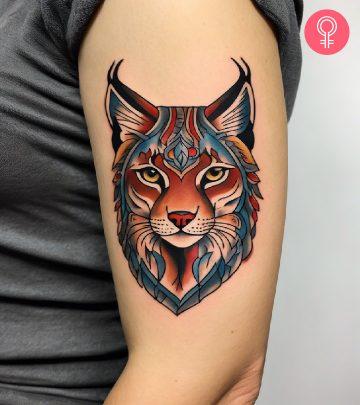

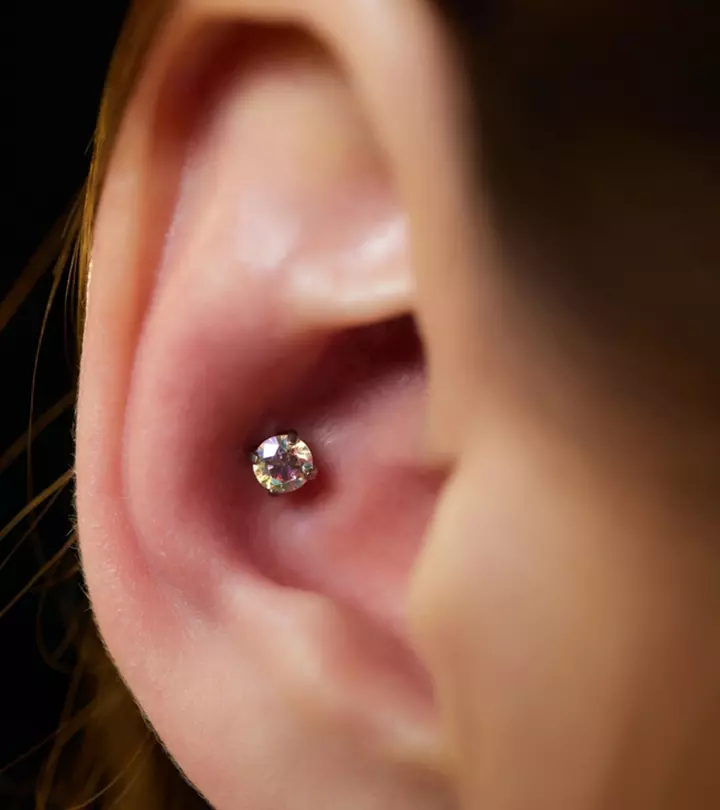



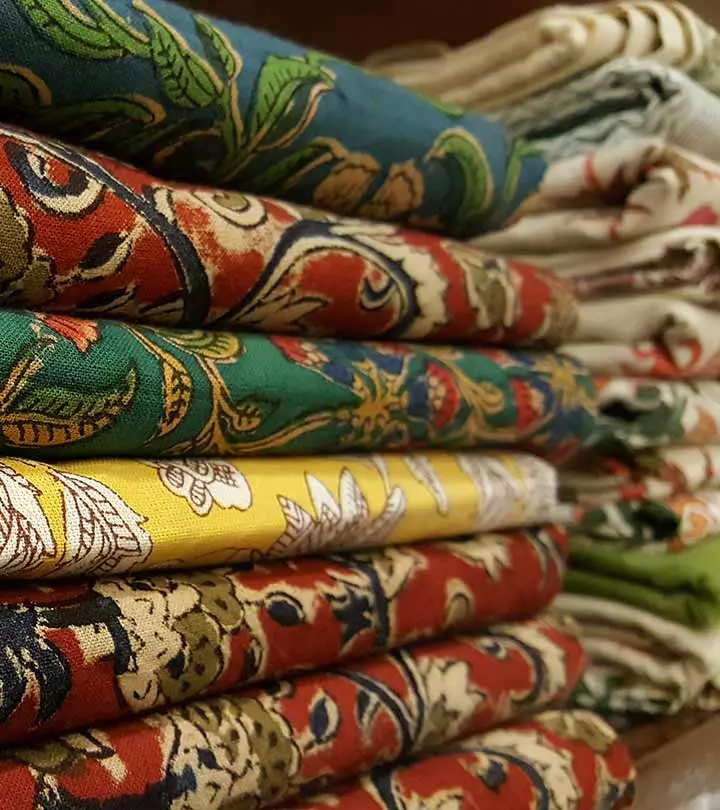


Community Experiences
Join the conversation and become a part of our empowering community! Share your stories, experiences, and insights to connect with other beauty, lifestyle, and health enthusiasts.